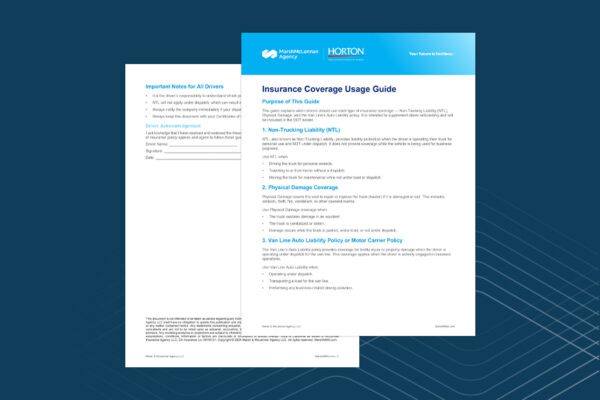In early June, new FAQs were released by the Internal Revenue Service (IRS) related to tax credits for eligible employers who voluntarily provide paid employee leave under the Families First Coronavirus Response Act (FFCRA). The FFCRA paid sick and family leave requirements themselves expired Dec. 31, 2020, but subsequent legislation—most recently the American Rescue Plan Act (ARP)—extended and enhanced the tax credits available for employers that choose to provide FFCRA leave through Sept. 30, 2021.
The New FAQs
There are 123 new FAQs, divided into 16 subtopics. They include information on how employers may claim the tax credits, including how to file for and compute the applicable credit amounts and how to receive advance payments for and refunds of the credits. The FAQs clarify the following issues, among others:
- Daily and aggregate wage limits do not include health plan expenses or the employer’s share of Social Security and Medicaid taxes.
- Qualified leave wages do not include federal taxes on the wages.
- The last day an employer may file for advance payment of the credit.
- The credit may apply for leave between April and September 2021, even if the employer did not pay the employee initially.
- Employers must collect and maintain specific information from employees (and may require more than that specified) to substantiate eligibility for the credits. Records must be kept for six years.
Paid Sick and Family Leave Credits
The tax credits apply to employers with fewer than 500 employees and are refundable and advanceable. Wages are subject to daily and total limits.
This Legal Update is not intended to be exhaustive nor should any discussion or opinions be construed as legal advice. Readers should contact legal counsel for legal advice. © 2021 Zywave, Inc. All rights reserved.
Material posted on this website is for informational purposes only and does not constitute a legal opinion or medical advice. Contact your legal representative or medical professional for information specific to your legal or medical needs.


